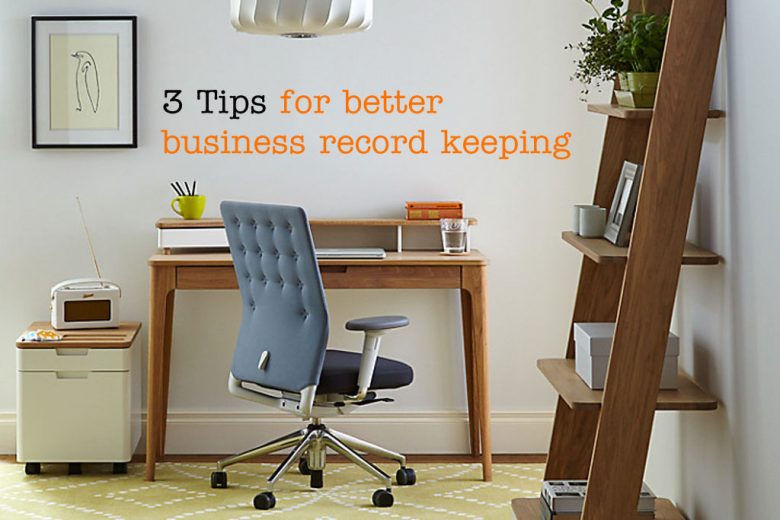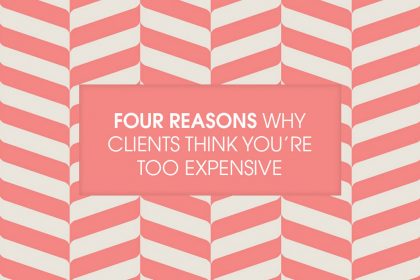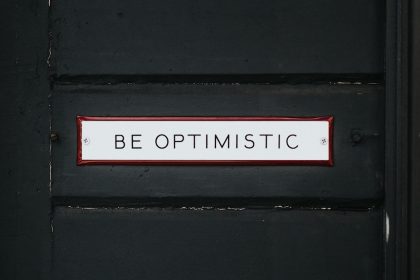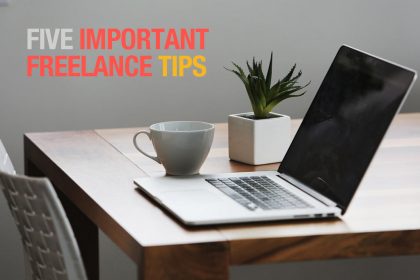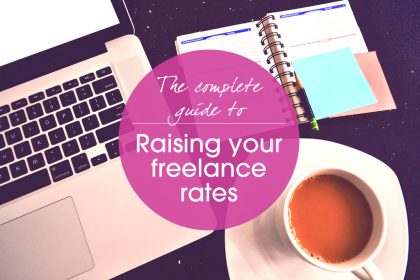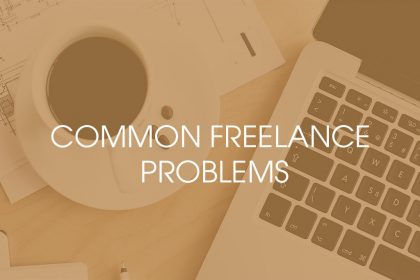Three tips on better record keeping for your business
The undoubted plus side to working for yourself – whether it’s running your own business or as a freelancer – is having much more control over how you spend your time. But the downside for many is paperwork!
When you’re an employee, your company usually takes care of your tax and relating paperwork, and all you do is look forward to your monthly salary. But when you’re self-employed or a business owner, all that responsibility falls on your shoulders.
Ina Spellings, bookkeeper, tax agent and founder of InAccounts, explains why keeping good records is vital when you work for yourself, and shares her top three tips for record keeping.
Why keeping good records is so important
As a bookkeeper, it’s my job to keep good records. I keep all receipts, categorise and file them for
much longer than necessary. But I recognise that not everyone does this. Far too many people either forget to ask for a receipt when they buy something for their business, or if they get one it ends up in the bin instead of being filed.
Keeping good records allows you, as a freelancer or business owner, to keep an eye on the financial aspect of your business and monitor its success or failure – and also means you can claim any valid expenses to offset against tax.
Three top tips for successful record keeping
Over the years, I have identified three top tips that help my customers to keep better records:
1) Find a system that you’re comfortable with
From good old fashioned Excel to cloud software, there is something out there for everyone. Browse the internet and try a few different systems until you find one that you like, and stick to it. When filing manually, use dividers to categorise different things like car expenses, entertainment, petty cash, etc.
2) File your receipts
Keep and file any receipts, bills (make a note of payments) and invoices. You can organise them either by date or category. Contracts, insurance, leases, assets purchase and any important/legal paperwork should be filed separately.
3) Check how long you need to keep records for
According to HMRC, tax records should be kept for at least 22 months after the end of the tax year the tax return is for. You should store VAT-related records for six years, and if you’re self-employed you need to keep your business records for five years after the online tax return deadline of 31 January.
Find out more
If you’d like to know more, you’ll find lots of useful information on record keeping on HMRC’s website.
Need more help with your record keeping? InAccounts offers a ‘check your records’ monthly service.
(Love the filing cabinet in the photo? You can buy it from John Lewis.)

